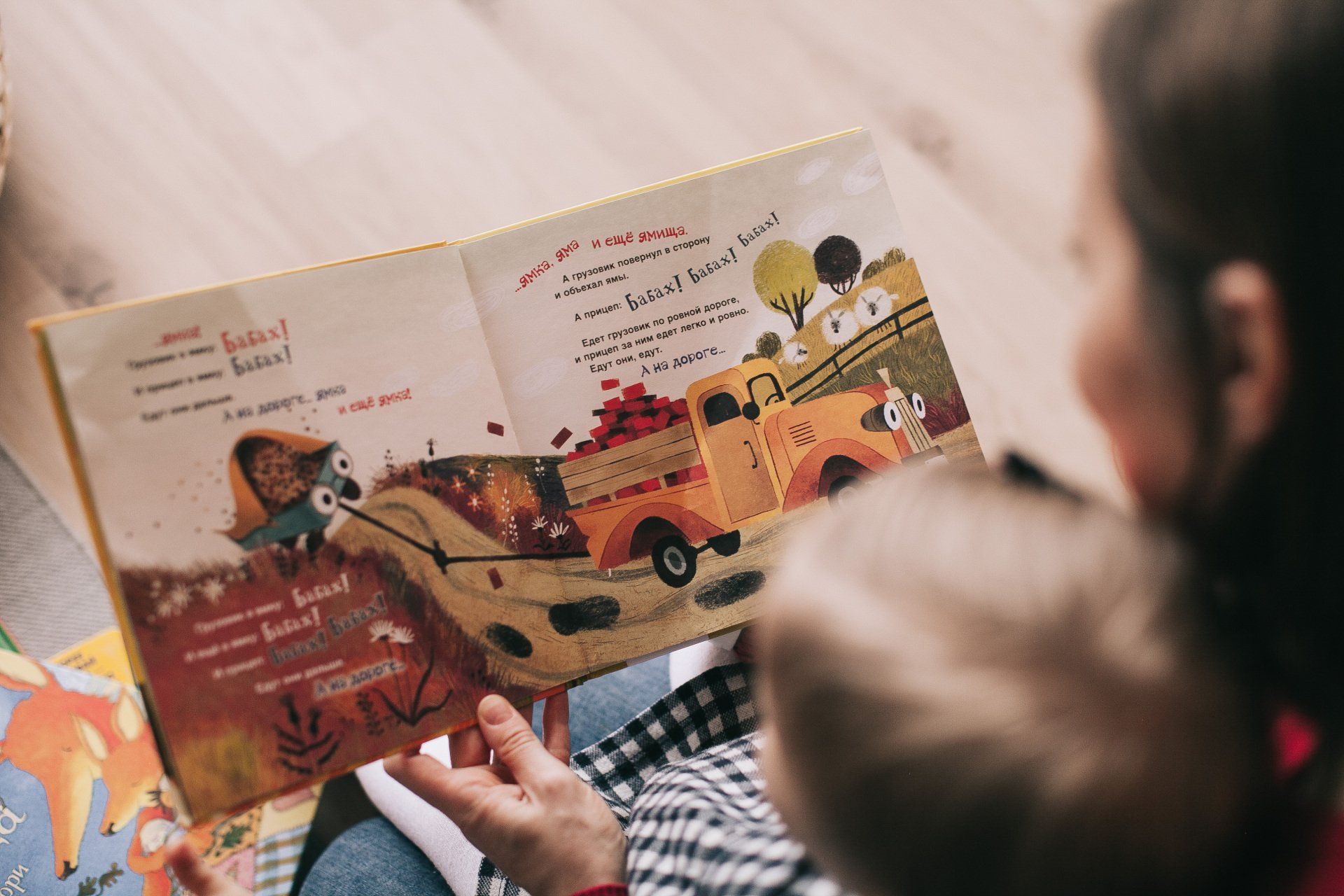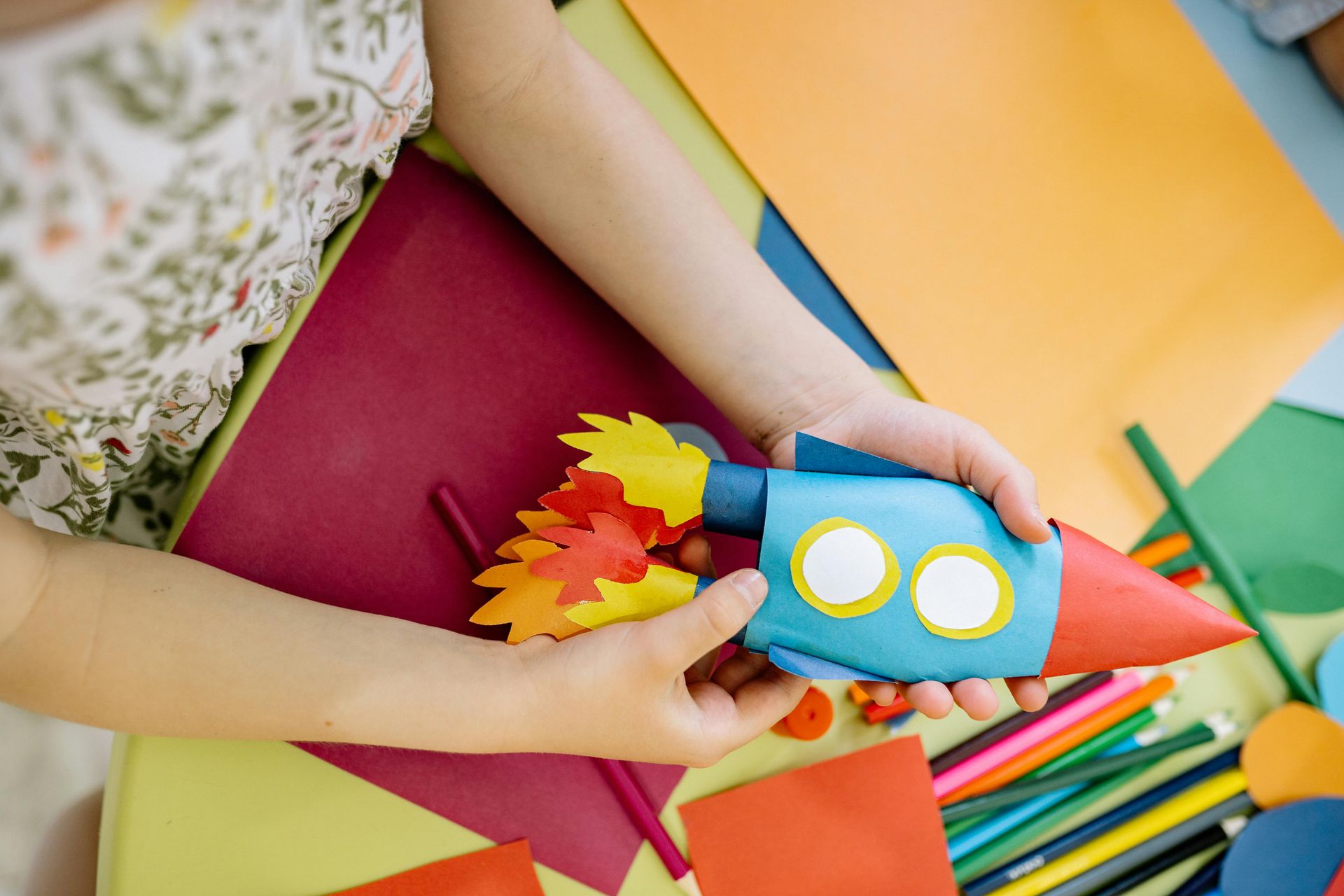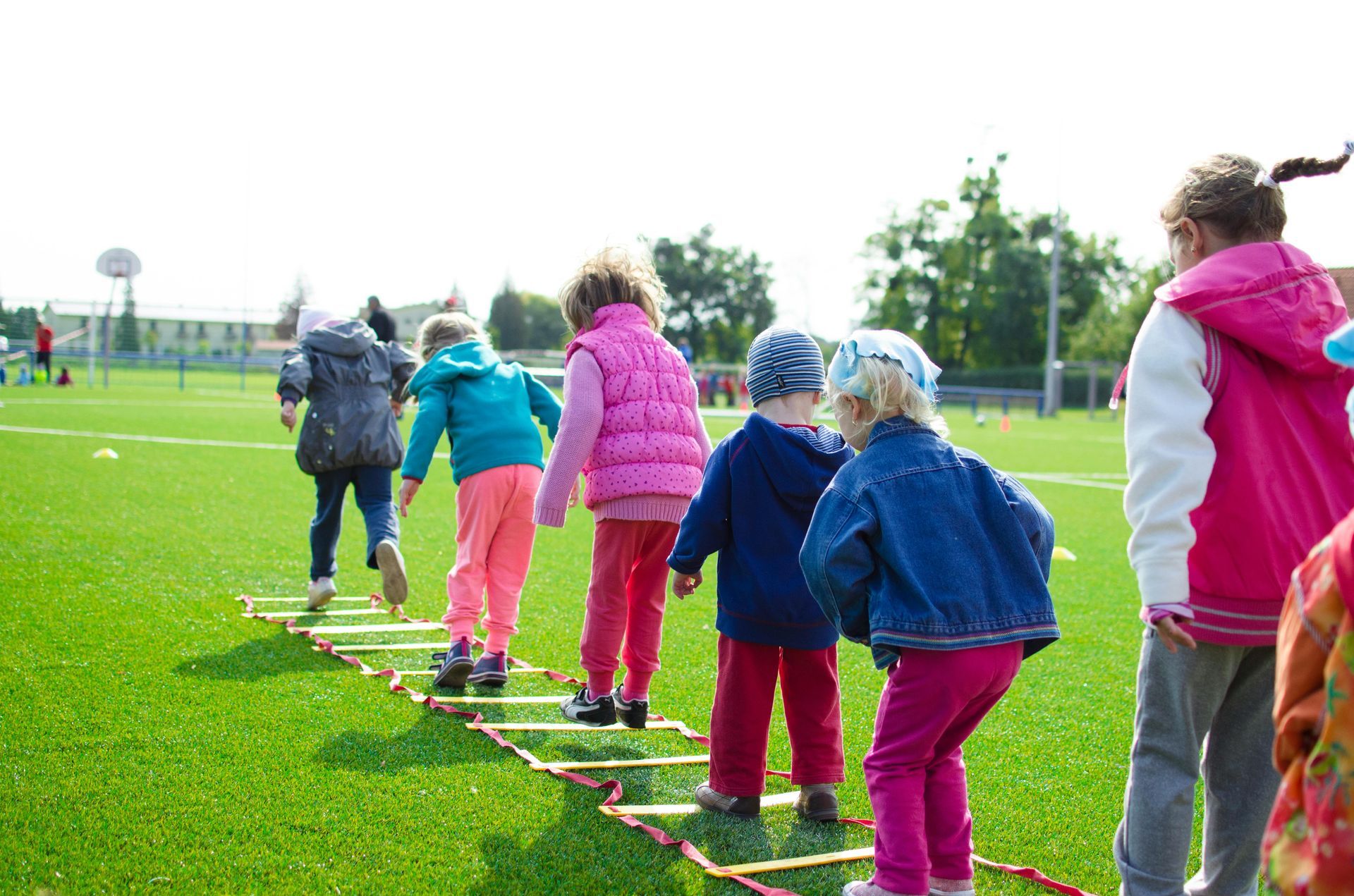The Role of Emotional Intelligence in Early Childhood Education: A Key to Lifelong Success

As parents and educators, one of our most important roles is to equip children with the skills they need to succeed in both their personal and academic lives. While cognitive abilities are often the focus in early childhood education, emotional intelligence (EI) is equally important for a child’s overall development. At Early Education Station Orlando, we understand the profound impact that developing emotional intelligence at a young age has on shaping well-rounded, resilient, and empathetic individuals. In this blog post, we will explore the significance of emotional intelligence in early childhood and the ways we integrate EI into our curriculum to prepare children for lifelong success.
What is Emotional Intelligence (EI)?
Emotional intelligence refers to the ability to recognize, understand, and manage one’s emotions as well as the ability to recognize, understand, and influence the emotions of others. In simple terms, it’s the capacity to deal with emotions in a healthy, productive way. Emotional intelligence is made up of five key components:
- Self-awareness – Recognizing and understanding one’s emotions.
- Self-regulation – Managing or controlling one’s emotions in healthy ways.
- Motivation – Using emotions to stay focused on goals.
- Empathy – Understanding and sharing the feelings of others.
- Social skills – Building strong relationships through effective communication and teamwork.
Developing emotional intelligence in early childhood lays the foundation for strong social and emotional skills that will benefit children throughout their lives.
Why is Emotional Intelligence Important in Early Childhood?
1. Building Healthy Relationships
From the moment they interact with others, children begin to develop social skills. These skills are directly linked to emotional intelligence. When children understand their own emotions and are able to recognize the emotions of others, they are better equipped to build healthy relationships. Children with high emotional intelligence are more likely to engage in positive social interactions, collaborate with peers, and manage conflicts effectively.
How it Helps: Emotional intelligence fosters empathy, understanding, and respect for others, which are critical for forming lasting friendships and positive relationships in both school and home environments.
2. Enhancing Academic Performance
While cognitive abilities play a role in academic achievement, emotional intelligence also has a profound impact on a child’s ability to succeed in school. Children with strong emotional intelligence are more likely to manage their stress, stay motivated, and approach challenges with a positive mindset. Self-regulation, in particular, helps children stay focused on their studies, control impulses, and avoid distractions.
How it Helps: Developing emotional intelligence helps children stay engaged in their learning, persist through difficulties, and regulate their behavior, which leads to improved academic performance.
3. Promoting Resilience and Emotional Well-Being
Life inevitably involves challenges, setbacks, and frustrations. Emotional intelligence is a key factor in helping children develop resilience—the ability to bounce back from adversity. By learning how to manage their emotions and maintain a positive outlook, children can better cope with stress and recover from difficult situations. Resilience is not only important for managing challenges in childhood but also for navigating life’s obstacles as they grow older.
How it Helps: Teaching children how to manage their emotions effectively allows them to handle life’s challenges with confidence and resilience, which is essential for their long-term emotional well-being.
How Emotional Intelligence is Incorporated into Early Education Station Orlando’s Curriculum
At Early Education Station Orlando, we prioritize the development of emotional intelligence alongside cognitive skills. Here are some of the ways we nurture emotional intelligence in our students:
1. Modeling Positive Emotional Behaviors
Children learn a great deal by observing the adults around them. Our teachers and staff model positive emotional behaviors by demonstrating self-regulation, empathy, and active listening. By setting an example, we help children learn how to navigate their own emotions in healthy ways.
How it Helps: Children who observe their teachers managing emotions effectively are more likely to adopt similar strategies in their own lives.
2. Mindfulness and Reflection Activities
Mindfulness activities, such as deep breathing exercises, guided relaxation, and reflection time, are incorporated into our daily routine. These activities help children focus on the present moment, develop self-awareness, and learn how to regulate their emotions. Mindfulness techniques are particularly beneficial for helping children calm down after a stressful situation or transition.
How it Helps: Mindfulness encourages emotional awareness and helps children develop strategies to manage stress, focus their attention, and regulate their emotions.
3. Conflict Resolution and Social Skills Training
Teaching children how to manage conflicts and navigate social interactions is an integral part of our curriculum. We encourage children to express their emotions in words, talk about their feelings, and use problem-solving skills to resolve conflicts. Through structured group activities and role-playing scenarios, children practice empathy, active listening, and cooperative behaviors.
How it Helps: By learning effective conflict resolution strategies and practicing social skills, children gain the tools they need to manage their emotions and build strong, healthy relationships with others.
4. Emotional Check-Ins
We regularly engage in emotional check-ins to help children identify and label their feelings. Through activities like “feelings charts” or “emotion cards,” children learn to recognize their emotions and express them in a healthy way. By providing a safe and supportive environment for emotional expression, we help children build emotional awareness and understanding.
How it Helps: Regular emotional check-ins help children understand their emotions and learn how to express them appropriately, fostering emotional regulation and self-awareness.
The Long-Term Impact of Emotional Intelligence
The benefits of emotional intelligence go far beyond early childhood. Children who develop strong emotional intelligence are better equipped to handle challenges, form positive relationships, and navigate the complexities of adulthood. Studies have shown that individuals with high emotional intelligence tend to have greater success in both personal and professional aspects of their lives.
How it Helps: Emotional intelligence lays the groundwork for success in all areas of life. By cultivating emotional awareness and regulation in early childhood, we help set children up for long-term success, happiness, and well-being.
Explore the importance of early childhood education in shaping future success and nurturing creativity in young minds by reading Building Strong Foundations: How Early Childhood Education Shapes Future Success and Fostering Creativity in Early Childhood: Nurturing the Innovators of Tomorrow.
Conclusion
Emotional intelligence is a crucial aspect of early childhood development, shaping how children interact with others, navigate challenges, and approach learning. At Early Education Station Orlando, we are dedicated to fostering emotional intelligence in every child, recognizing that it is just as important as cognitive development.











